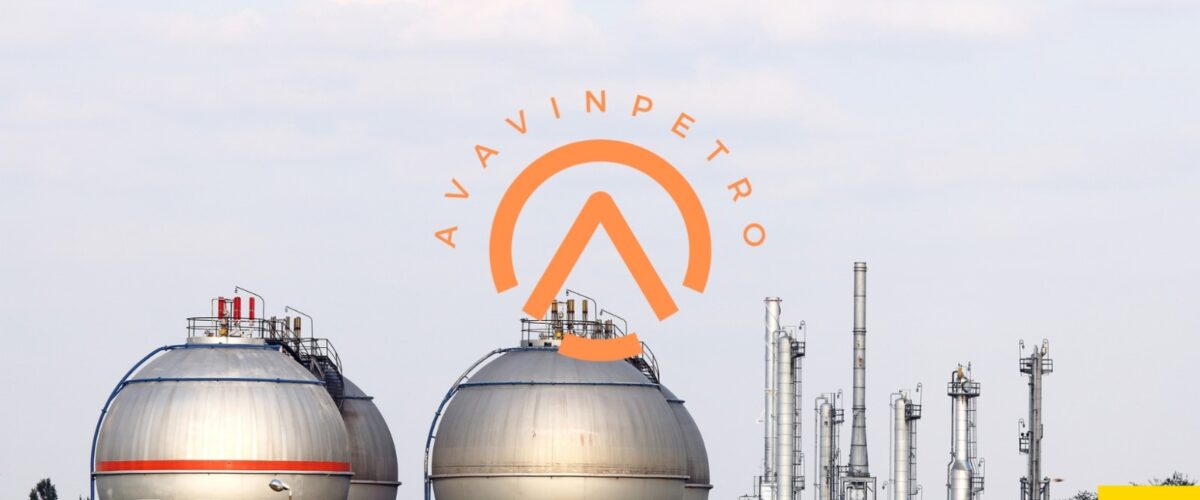Impact of GPPS on Food Industry Growth
The food industry is a dynamic sector, constantly driven by innovations in packaging, safety, and preservation. One material that has significantly influenced this sector is General Purpose Polystyrene (GPPS). GPPS is a versatile, cost-effective polymer widely used in food packaging. Its impact on the growth of the food industry is profound, affecting various aspects from product safety to market dynamics. In this article, we explore the comprehensive effects of GPPS on the food industry’s expansion.
Versatility and Applications of GPPS in Food Packaging
GPPS is renowned for its versatility. Its applications in the food industry are diverse, ranging from disposable cutlery and plates to protective packaging for perishable goods. The material’s adaptability allows it to be molded into various shapes and sizes, making it ideal for packaging a wide array of food products.
Enhancing Food Safety and Preservation
One of the critical advantages of using GPPS in food packaging is its ability to enhance food safety. GPPS provides an excellent barrier against moisture and contaminants, ensuring that food remains fresh and safe for consumption. This characteristic is particularly vital for packaging items such as meats, dairy products, and baked goods, which are prone to spoilage.
Cost-Effectiveness and Economic Impact
The cost-effectiveness of GPPS cannot be overstated. Its relatively low production cost compared to other materials makes it an attractive option for food manufacturers. This affordability enables companies to produce packaging in large volumes without significantly increasing overall costs. The economic impact of this is substantial, as it allows food companies to maintain competitive pricing, benefiting both the business and consumers.
Environmental Considerations
While GPPS offers numerous benefits, its environmental impact is a topic of ongoing discussion. As a plastic material, GPPS contributes to plastic waste, which poses significant environmental challenges. However, the food industry is increasingly adopting recycling practices and seeking biodegradable alternatives to mitigate these effects. Innovations in GPPS recycling processes are helping to reduce the material’s ecological footprint.
Recycling and Sustainability Initiatives
Many companies are investing in recycling programs to manage GPPS waste more effectively. These initiatives aim to recycle used GPPS products into new packaging materials, reducing the reliance on virgin plastic. Additionally, research into biodegradable polystyrene alternatives is progressing, offering potential solutions to the environmental concerns associated with traditional GPPS.
Impact on Market Dynamics and Consumer Trends
GPPS has a substantial influence on market dynamics and consumer trends within the food industry. Its widespread use in packaging has contributed to the development of convenient, ready-to-eat food products. The rise of the fast food and takeaway sectors can be partly attributed to the availability of affordable, reliable GPPS packaging.
Driving Innovation in Food Products
The versatility of GPPS encourages innovation in food products. Manufacturers can experiment with new packaging designs that enhance the user experience, such as resealable containers and portion-controlled packaging. These innovations meet the growing consumer demand for convenience and sustainability.
Shaping Consumer Perceptions
Consumer perceptions of food safety and quality are heavily influenced by packaging. GPPS packaging, with its clear, glass-like appearance, allows consumers to visually inspect food products before purchase, enhancing their confidence in the product’s freshness and quality. This transparency is particularly important for items such as fruits, vegetables, and deli products.
Future Prospects of GPPS in the Food Industry
The future of GPPS in the food industry looks promising, driven by ongoing technological advancements and increased focus on sustainability. As recycling technologies improve and biodegradable alternatives become more viable, the environmental impact of GPPS is expected to diminish.
Technological Advancements
Innovations in material science are leading to the development of more efficient GPPS production processes. These advancements aim to reduce the energy consumption and environmental impact associated with GPPS manufacturing, making it a more sustainable choice for food packaging.
Sustainability and Regulatory Compliance
The food industry is under increasing pressure to adopt sustainable practices. Regulatory bodies worldwide are implementing stricter guidelines on plastic use and waste management. Compliance with these regulations is driving the adoption of recycled and biodegradable GPPS materials, ensuring that the food industry continues to grow in an environmentally responsible manner.
Avavin Petro: A Reliable GPPS Supplier
When it comes to sourcing high-quality GPPS, Avavin Petro stands out as a reliable supplier. Avavin Petro is renowned for its commitment to quality and consistency, providing food manufacturers with the essential materials needed for efficient and safe food packaging. Their extensive product range and adherence to stringent quality standards make them a preferred choice in the industry.
Commitment to Sustainability
Avavin Petro not only supplies premium GPPS but also emphasizes sustainability. They are actively involved in recycling initiatives and are continuously exploring ways to reduce the environmental impact of their products. This dedication to sustainability aligns with the broader industry goals of minimizing plastic waste and promoting eco-friendly packaging solutions.
Conclusion
GPPS has played a crucial role in shaping the modern food industry. Its versatility, cost-effectiveness, and ability to enhance food safety make it an indispensable material for food packaging. While environmental concerns remain, the industry’s commitment to recycling and sustainability initiatives promises a greener future for GPPS. As technological advancements continue to unfold, GPPS will undoubtedly remain a key driver of innovation and growth in the food industry. Avavin Petro‘s role as a reliable supplier further underscores the importance of quality and sustainability in leveraging GPPS for industry growth.
Written by Emir Narin

